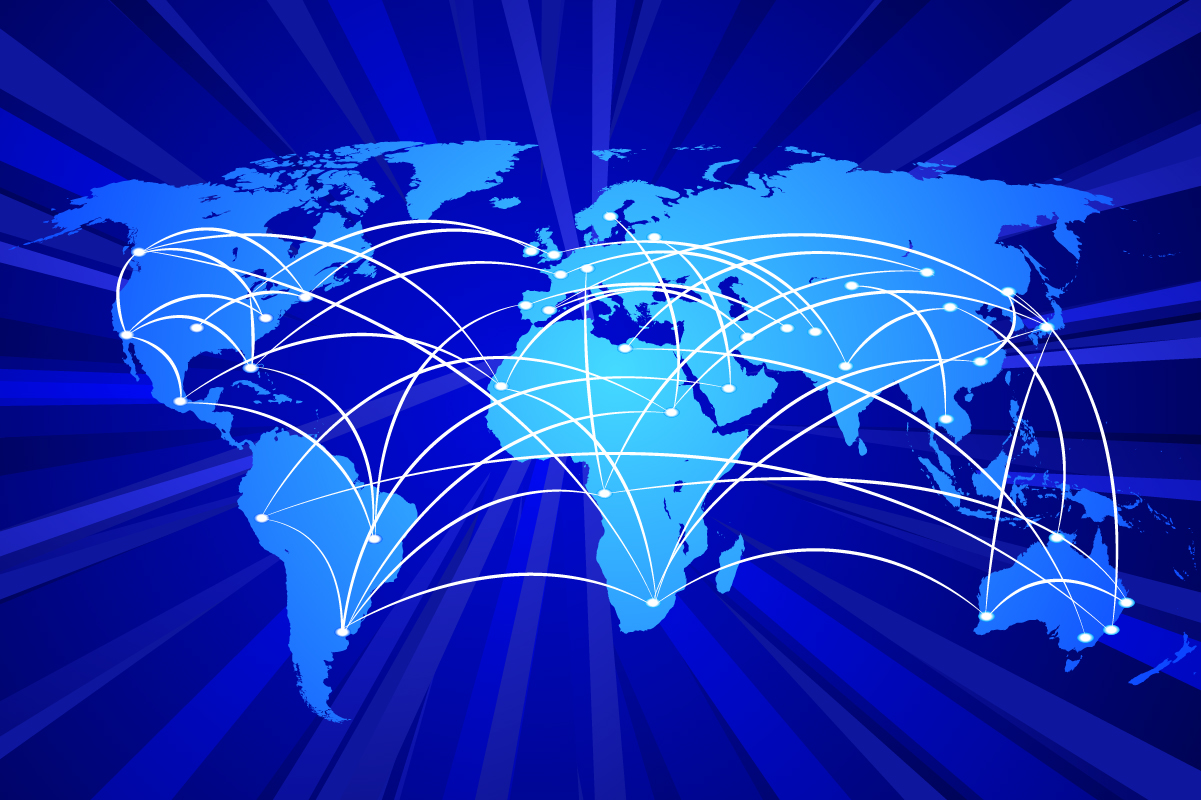An ING report predicts world trade to outpace growth of world GDP by next year, despite trade numbers falling for the fourth consecutive year in 2015.
The bank identifies the cyclical effects of rising demand for investment goods and a normalisation of European investments as major factors positively affecting the ratio of world trade growth to world GDP growth. “There is a specific effect coming from Europe, which has been experiencing an economic downturn that has been deeper and longer than in the past. It had an amplifying effect on pushing world trade down during the downturn and now that Europe is recovering it will have an amplifying effect on the ratio going upward,” Raoul Leering, head of international trade research at ING, tells GTR. “The upward effect will already be visible at the end of this year, and particularly stronger at the end of 2016.”
According to the ING report titled “Ready for the comeback of world trade?”, trade will also be stimulated by a growing demand for imported consumption goods from middle classes in emerging economies, and a continuing expansion of offshoring production to developing countries, although reshoring is also on the rise.
The outlook for trade finance is positive, too. “At the moment we don’t see a shortage of trade finance in general. Of course in specific sectors it could be the case, but in general, supply will be able to meet demand,” says Leering.
ING calculates the ratio of world trade to GDP growth to rise to 1.3 at the end of 2016, which is still inferior to the pre-crisis level. In fact, trade had enjoyed a great expansion due to structural changes like the opening up of China and greater integration in the EU, but now the ratio is expected to fluctuate around the levels prevailing in the second half of the 20th century.
While retaining an optimist outlook, the report notes that a European recovery’s positive effect on world trade will not be as big as the negative one experienced during the crisis. Europe’s share in world trade has decreased while the developing markets have gained, and a slowdown in these economies may counterbalance the effect from Europe. The Greek debt crisis and the trade conflict with Russia are also threats that could jeopardise the recovery, says Leering.







